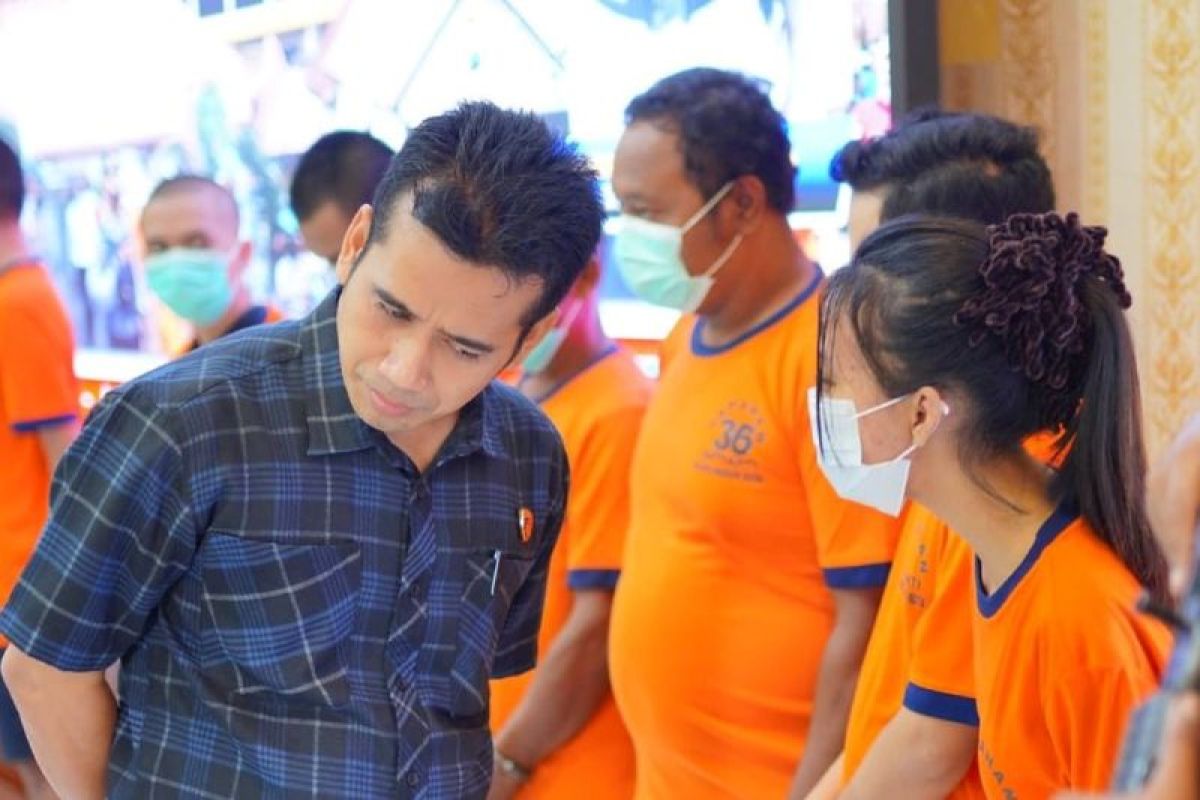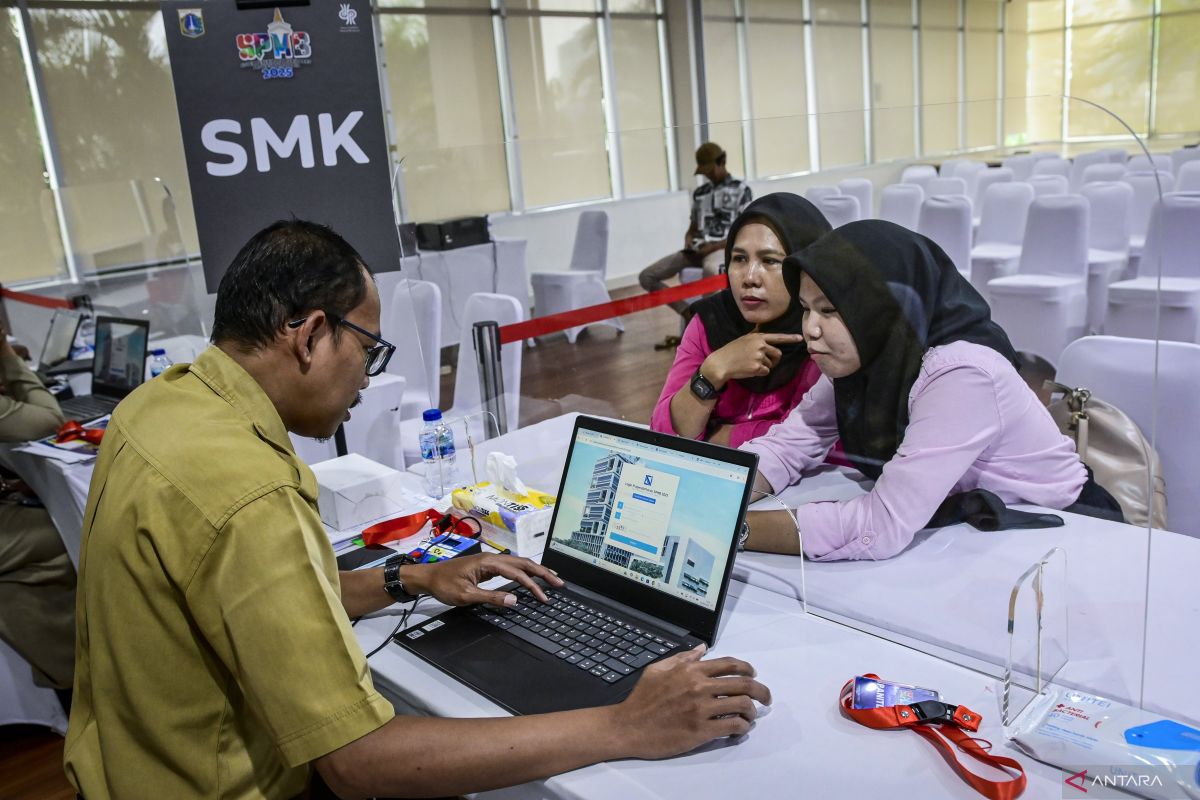Teenage girls who play football really are onto a winner.
A new study has shown that girls involved in football communities were found to have 'stronger emotional resilience, more positive peer relationships, and a greater sense of self-worth'.
The research found a staggering 93 per cent of girls who are part of a football network said the sport gave them more confidence.
Those involved in the beautiful game also scored highly in other aspects of their life with 69 per cent saying it had boosted their sense of belonging.
Experts said the findings highlight the uplifting power of football on the wellbeing of teenage girls - providing a 'game-changing mental boost' when youngsters need it the most in the face of an online world where they are often exposed to negativity.
In contrast, the research found that 44 per cent of girls who do not watch or play football said that social media had affected their confidence while 27 per cent said it had reduced their self esteem.
The revelations come as England legend Kelly Smith kicks off a campaign highlighting the benefits of the sport for the younger generation.
The initiative has been backed by Lioness star players Lucy Bronze, Georgia Stanway and Fran Kirby as well as Hayley Lodd, Gemma Evans and Alice Griffiths from the Welsh team ahead of the women's Euro 2025 tournament which gets underway in Switzerland this week.
A study - backed by some of the Lionesses - shows that girls who play football have 'stronger emotional resilience, more positive peer relationships, and a greater sense of self-worth'
The research found that 44 per cent of girls who do not watch or play football said that social media had affected their confidence while 27 per cent said it had reduced their self esteem
Reigning champions England begin their campaign against France on Saturday evening while Wales' history-making squad, who qualified for their first major tournament finals, take on the Netherlands earlier in the day.
The stars teamed up to share their own experiences of being involved in a football community and how it can help young people navigate the complexities of the online world.
Mother-of-two Kelly - who scored 46 goals in 117 appearances for the Lionesses - said: 'Football gave me absolutely everything growing up.
'I wasn't a confident or outgoing person off the pitch but as soon as I was playing, I could be myself and show what I could do; it was where I felt most comfortable.'
Former Arsenal striker Kelly, 46, added: 'The online world was very different back when I was starting out, but I've seen the pressures social media puts on young people now.
'Being part of a community is so important when it comes to building confidence and the resilience young people need to navigate the world.
'For me, there's no community more powerful than the football family, and I really hope as many girls as possible get to feel a part of that.'
The research, carried out as part of the Everyone Needs a Squad campaign, compared two groups of teenage girls aged 13 to 18 - one made up of those engaged in football networks and second group who are not.
A total of 4,582 youngsters took part in the survey earlier this month.
They were asked the same questions exploring their relationship with social media, their self-perception and their emotional resilience.
Researchers found that 66 per cent of girls who are involved in football said they were likely to develop strong emotional resilience compared with 49 per cent of their counterparts.
Nearly three quarters (72 per cent) of girls who watch or play football were 'well equipped to cope with negative online experiences' while 61 per cent said they are comfortable confiding in friends and family over social media pressure.
Leading adolescent psychologist Dr Sheila Redfern carried out the research in partnership with telecoms giant EE, which is the lead partner of all four Home Nations football teams.
Dr Redfern said the research produced 'some important and striking results' that shone a light on how being part of the football network can benefit teen girls' wellbeing and promote resilience and good mental health.
She said: 'Adolescence is a time of significant developmental change; including neurological, psychological, physical and social changes that shape long-term wellbeing.
'In recent years, we have seen an increased spike in the mental and emotional health problems of adolescent girls which has been exacerbated due to increased exposure to the online world.
'The study clearly shows that being in the football community can improve adolescent girls' self-esteem and confidence at a time in their lives when they are most likely to doubt themselves and compare themselves unfavourably to others.'
A new online platform called EE Squad, has been set up to help teenage girls 'explore, build and grow their community around football'.
The platform offers routes into local football opportunities, confidence-building content and the personal stories from Home Nations players sharing how football has shaped their confidence, resilience, and sense of belonging - on and off the pitch.
Alicia Simai-Kral - who plays for Highbury Wolves Girls and features in the campaign - said: 'Football has always been my escape from the pressure of social media.
'Playing with girls' teams gave me the confidence to be myself, online and offline.
'It's where I've felt supported, not judged and that's made all the difference.'
Sharon Tuff, of the Football Association of Wales, said the research echoed highlighted 'the transformative power football'
She said: 'Football is more than a game, it's a powerful tool for improving wellbeing and creating a true sense of community.
'We know that the impact of Cymru's historic qualification to UEFA Women's Euro 2025, will be felt far beyond the pitch.
'For young girls across the country, the visibility of our Cymru players and the celebration of their journey is a source of inspiration, proof that they belong in the game and that their voices matter.
'We're proud to work with EE to celebrate the welcoming space football offers, where girls can thrive, whether on the pitch or through life.
'We look forward to the legacy this summer will create for future generations.'
The study compared two groups of teenage girls aged 13 to 18 - one made up of those engaged in football networks and second group who are not
Kelly Engstrom, Brand & Demand Generation Director at EE said: 'As lead partner of the Home Nations Football Associations, we recognise the power of the football network and its potential to make the world a better place.
'We know growing up in an online world brings unique challenges and we are passionate about showcasing how this sport can help build young girls' confidence.
'Everyone Needs a Squad' highlights how we are doing more for families by supporting young people's wellbeing and helping them navigate the online world with positivity.
'We hope that this campaign will empower young girls on and off the pitch and inspire them to get involved in the beautiful game.'
Last year EE launched age-specific smartphone guidance to help parents navigate healthy tech habits, recommending simpler devices for younger children and promoting gradual, responsible smartphone use as they grow.
Alongside this it expanded its PhoneSmart platform to equip both teens and parents with the tools and knowledge to stay safe and confident online.

 2 months ago
21
2 months ago
21

















































